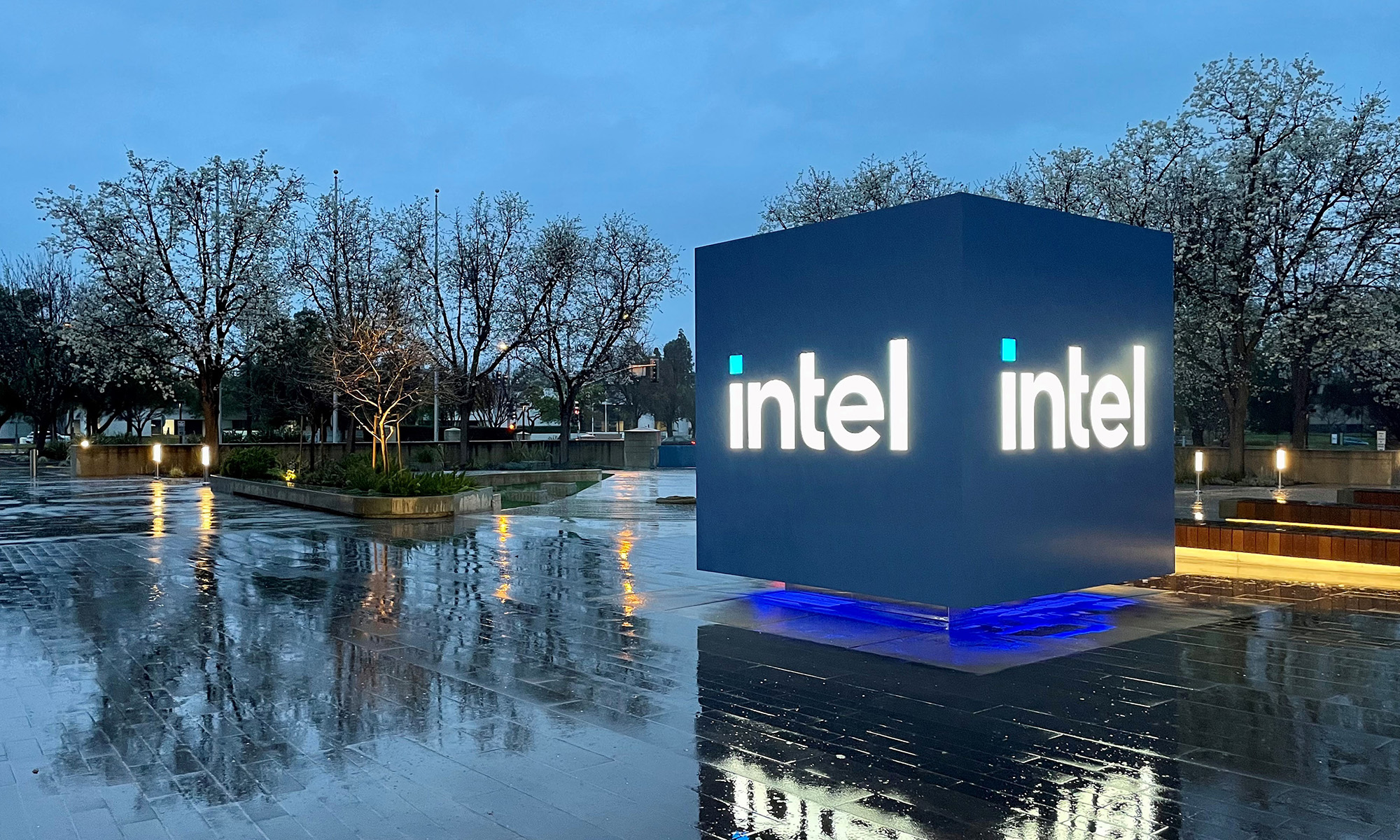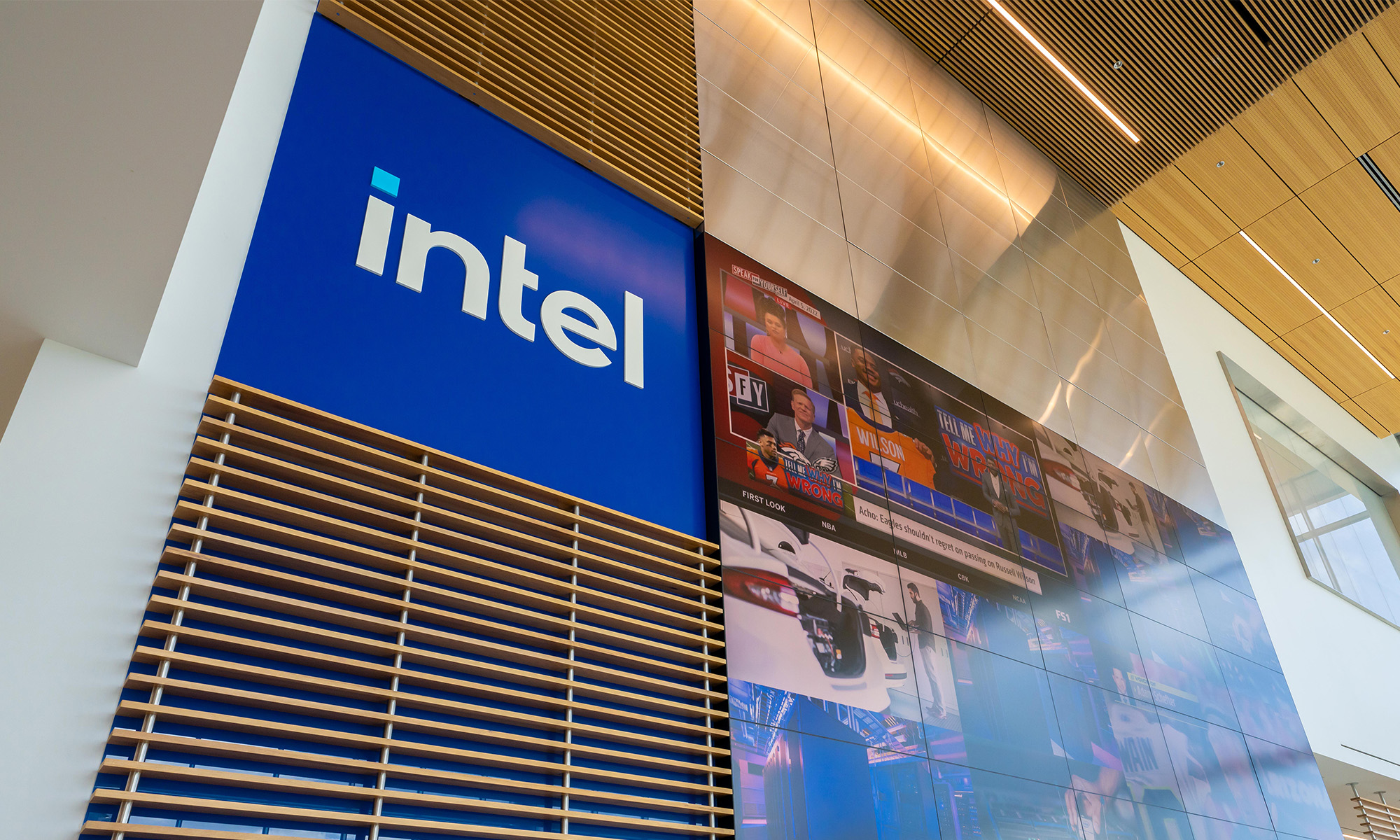At the beginning of the year, the U.S. Federal Trade Commission sued Qualcomm (QCOM 4.91%), alleging that the mobile chipmaker leveraged its portfolio of crucial wireless patents to force its rivals out of the market. The FTC claims that Qualcomm charged its baseband modem rivals inflated license fees for its wireless patents, which made their chips more expensive than Qualcomm ones.
That headache recently got worse, with Intel (INTC +0.06%) and Samsung (NASDAQOTH: SSNLF) joining the FTC's side. Intel claims that Qualcomm refuses to sell chipsets to OEMs unless they pay licensing revenues on every chip it sells -- even ones which don't use Qualcomm processors. Intel also argues that Qualcomm refuses to license Standard Essential Patents (SEPs) to its competitors, and that it uses exclusive deals -- like its controversial one with Apple (AAPL 0.43%) -- to monopolize the mobile chip market.

Image source: Qualcomm.
Samsung, echoing a previous ruling by the Korean FTC, claims that Qualcomm blocked it from selling its in-house Exynos chips to third-party smartphone makers with a patent deal from 1993. If Samsung sold Exynos chips to other OEMs, either Samsung or the OEM would need to pay Qualcomm additional licensing fees -- thus making its chips pricier than comparable Qualcomm chips.
These claims paint a grim picture of Qualcomm as a company that leverages its massive portfolio of 3G/4G wireless patents to marginalize rival chipmakers and pressure smartphone makers into lopsided deals. Qualcomm asserts that the claims are "baseless," but the legal battles seem to be escalating rapidly.
Previously on Qualcomm vs. the world...
Prior to the FTC lawsuit, Qualcomm was fined $975 million in China and forced to lower its licensing fees in 2015, then fined another 1 trillion won ($888 million) in South Korea the following year. Chinese regulators fined Qualcomm for charging licensing fees based on the entire value of a phone, since its licensed technologies were only used in some wireless components. Qualcomm agreed to charge fees based on 65% of the price instead, and renegotiated new licensing agreements with Chinese OEMs.

Image source: Getty Images.
The Korean FTC alleges that Qualcomm refused to offer fair licenses to rival chipset makers (like Samsung), while charging smartphone makers unfair licensing fees. Qualcomm also faces ongoing probes in Taiwan and the European Union -- which could result in similar fines.
Those cases preceded a showdown with Apple, which sued Qualcomm in the U.S. and China. Apple, which exclusively used Qualcomm modems from 2011 to 2016, claims that the chipmaker withheld rebate payments from the deal in retaliation for its cooperation with the Korean FTC during its investigation. Apple also recently started withholding all of its licensing payments to Qualcomm, which resulted in Qualcomm suing four of Apple's contract manufacturers.
An ongoing siege on its most profitable business
Qualcomm's licensing business will remain under siege for the foreseeable future, which is deeply troubling because it generates the lion's share of the company's profits. If Qualcomm is forced to lower its licensing fees and split its chipmaking and licensing businesses, it could be easier for rivals like MediaTek, Intel, and Qualcomm to gain market share in application processors or baseband modems.
However, Qualcomm's wireless patents -- all of which it either developed or acquired -- still give it plenty of legal firepower against these challengers. Intel and Samsung's official backing of the FTC is certainly an unwelcome development, but their motivations are fairly obvious.

Image source: Samsung.
Intel, which was once fined for paying PC makers rebates to not use AMD chips, likely wants to kneecap Qualcomm to become a preferred alternative supplier of baseband modems -- especially for their shared customer Apple. Samsung, which is being investigated for its influence over the Korean FTC, could bolster its growing semiconductor business if it sells its Exynos chips to other OEMs.
Should investors hunker down or retreat?
Qualcomm's core business was rock solid when its high-margin licensing business supported its lower-margin chipmaking one. But now its licensing fees are being challenged by OEMs and regulators, and its chips are ceding market share in the highly commoditized mobile market.
It's tempting to retreat under these conditions, but investors should also remember that Qualcomm's P/E of 19 is well below the industry average of 26, it pays a hefty forward dividend yield of 4.1%, and its upcoming acquisition of NXP Semiconductors should diversify its business away from mobile devices while strengthening its patent portfolio. Therefore, I don't think that it's the right time to give up on Qualcomm -- even though the next few quarters could be pretty rough.










